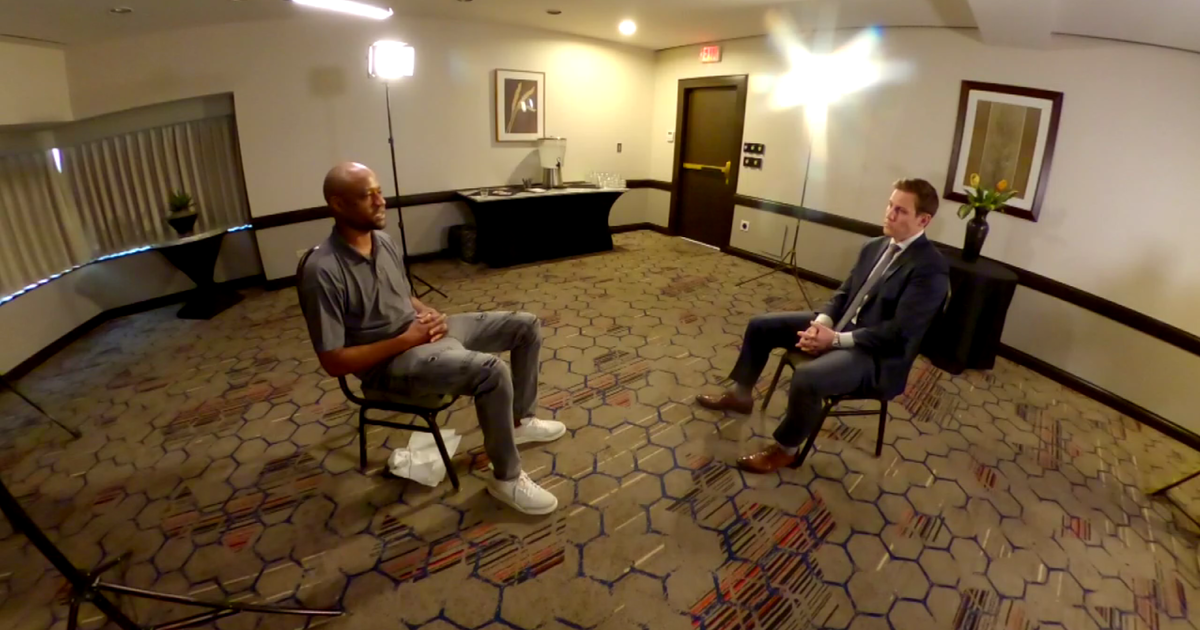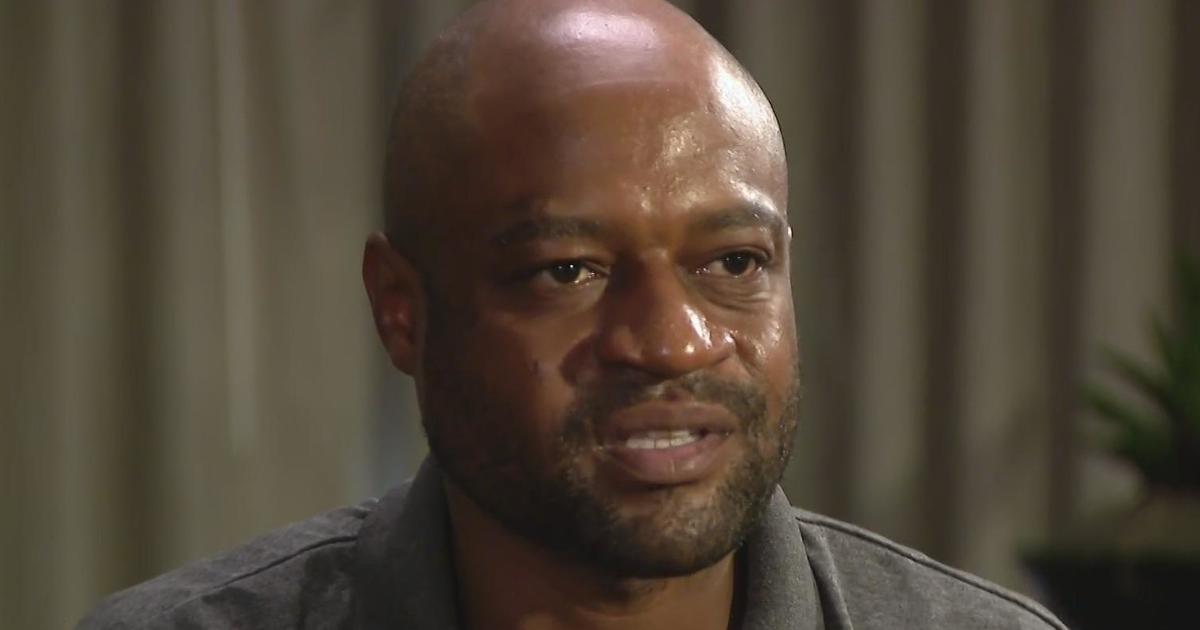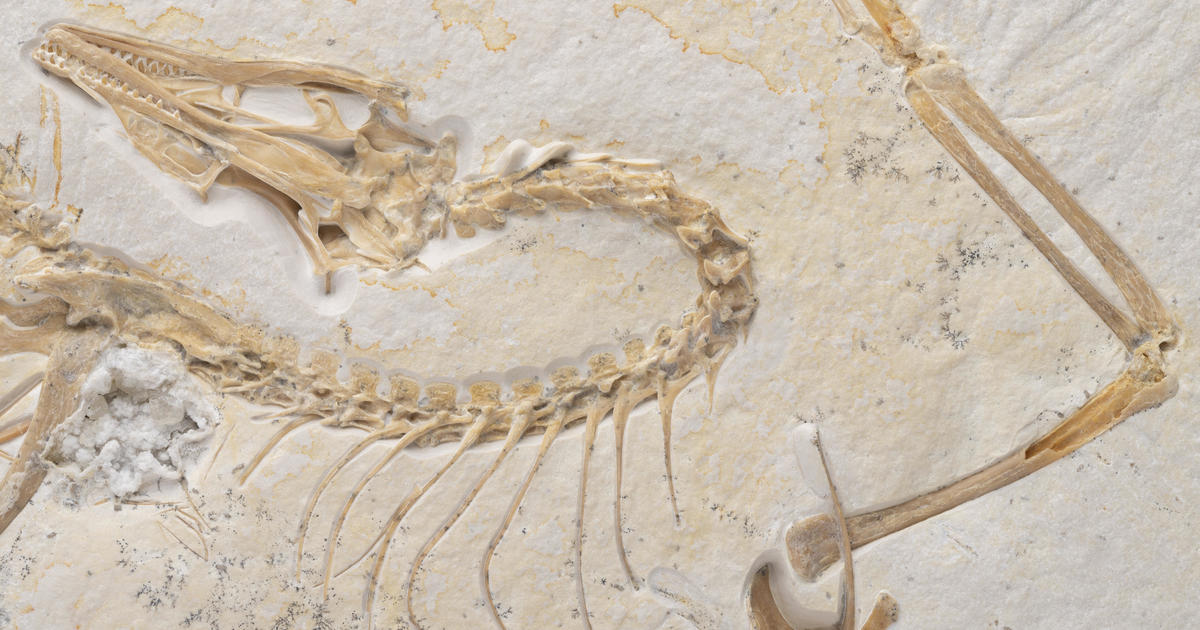Sisters Thought They Took Their Brother Off Life Support — Until He Walked Through The Front Door
UPDATE:
Suzanne Le Mignot won first place in the Chicago Journalists Association Sarah Brown Boyden Award Competition in the Public Service category for her "Misidentified Man" series of reports. You can watch the reports here.
The day before Le Mignot received the award, Senate Bill SB2309 was introduced on November 14, 2019. The bill would make fingerprinting and DNA testing mandatory in John and Jane Doe cases in Illinois.
CHICAGO (CBS) -- On May 13 Rosie Brooks got a phone call no one ever wants to receive.
"She identified herself as Jennifer from Mercy Hospital," Brooks said. "She was a social worker. She was looking for relatives of Alfonso Bennett, and I told her that was my brother. And she said, 'Well, he's here in ICU.'"
Brooks rushed to Mercy with her sister Brenda Bennett-Johnson.
"They had him on the ventilator, and they had a tube in his mouth," Brooks said.
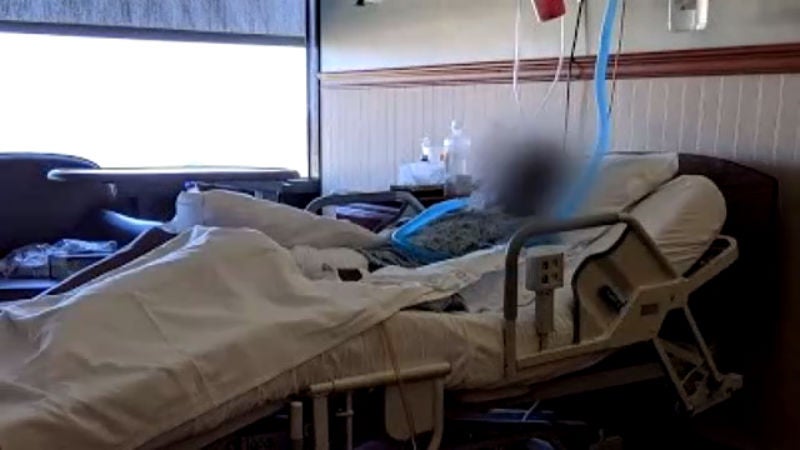
They both looked at the man in the hospital bed, who had been brought in as John Doe, and said, "I cannot identify this as my brother."
"They kept saying CPD identified this person as our brother," Bennett-Johnson said.
Brooks said hospital staff said the man had been badly beaten, especially in the face. He was found near 47th and Wabash naked and without identification on April 29.
Their brother has a background and is rarely in touch with his four sisters. Bennett-Johnson said a nurse told her police identified him through mugshots and not fingerprints because of budget cuts.
"You don't identify a person through a mugshot versus fingerprints," Bennett-Johnson said. "Fingerprints carries everything."
The sisters said the man responded to commands by raising his hand but never opened his eyes. Soon he started to languish.
The sisters signed papers to take him off a ventilator and gave permission for doctors to perform a tracheotomy. He went into hospice.
Bennett-Johnson was with him.
"Within minutes he was ice cold," she said.
They purchased a casket and a suit and made funeral arrangements.
Around the same time they received a phone call from one of their other sisters.
"She called my sister Yolanda to say, 'It's a miracle! It's a miracle!'" said Brooks.
"'Brenda! Brenda! It's Alfonso! It's Alfonso! I said, 'You're kidding!' I could have almost had a heart attack," Bennett-Johnson said.
Alfonso Bennett was alive and well and had just walked through her front door.
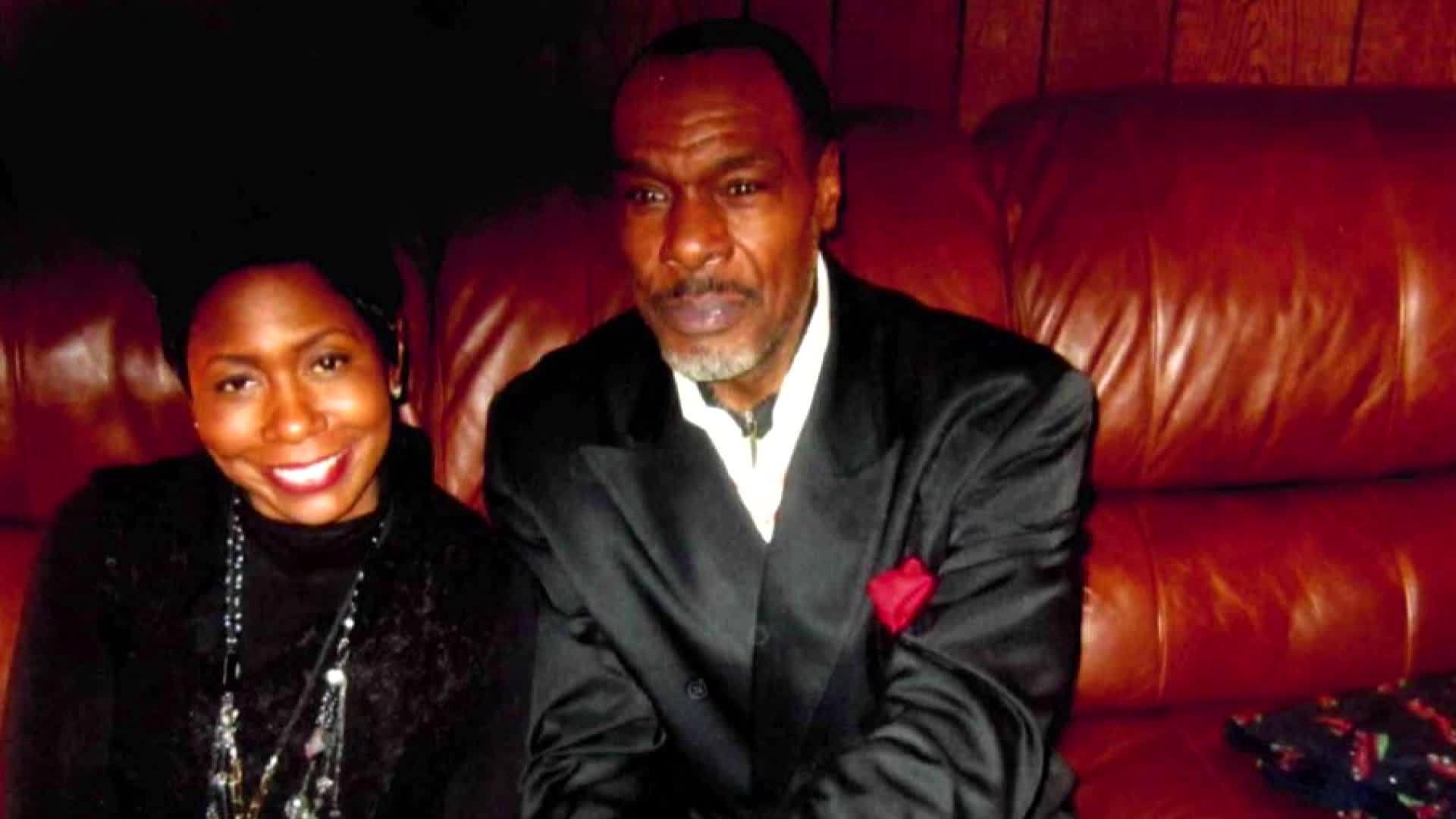
"It's sad that it happened like that. If it was our brother and we had to go through that, that would have been a different thing," Bennett-Johnson said. "We made all kinds of decisions on someone that wasn't our family."
The sisters said the man they'd been caring for was later identified at the morgue through fingerprints. They said police are now looking for his family.
"I can't conceive of how a budgetary issue would drive whether or not a person who was a John Doe would be fingerprinted before they're taken off of life support," said family attorney Cannon Lambert Sr. "If that's the situation, something's got to be done."
CBS 2 reached out to Mercy Hospital and the Chicago Police Department with a series of questions asking what the policy is when it comes to identifying John Does.
A Mercy spokesperson would only say, "The family did identify this patient as their brother."
Chicago police said they're taking this very seriously and launching an investigation.
Sources told CBS 2's Suzanne Le Mignot police only take fingerprints when a person commits a crime or is taken to the morgue, which ultimately happened in this case but not before Bennett's family had to go through this very unusual situation.

